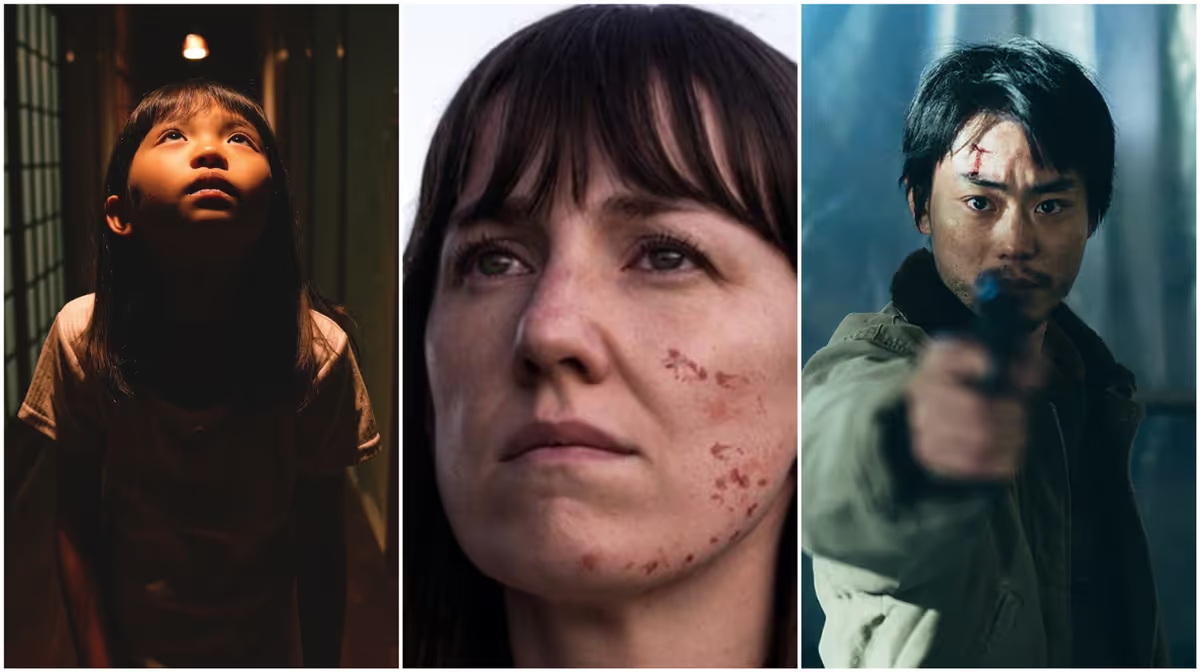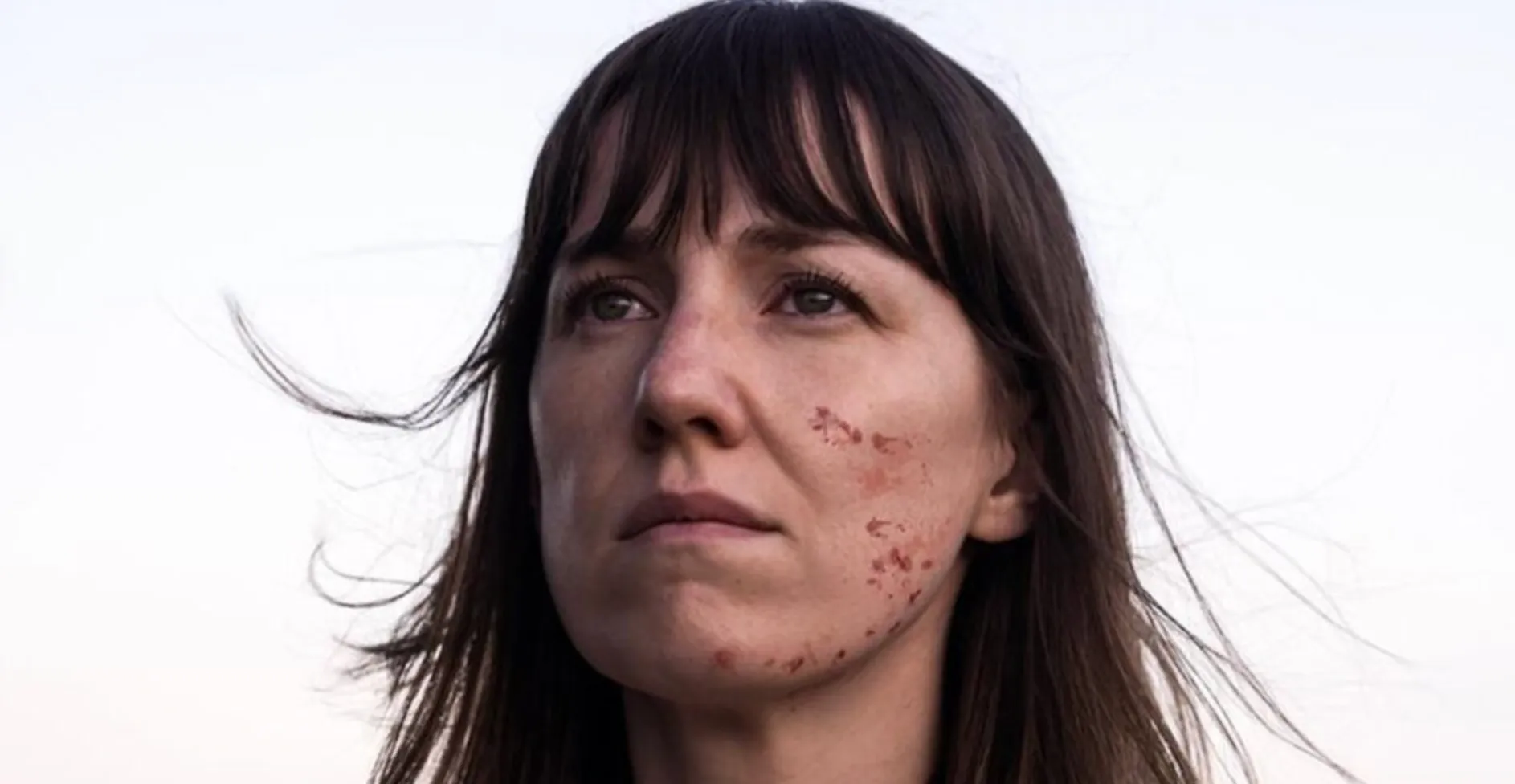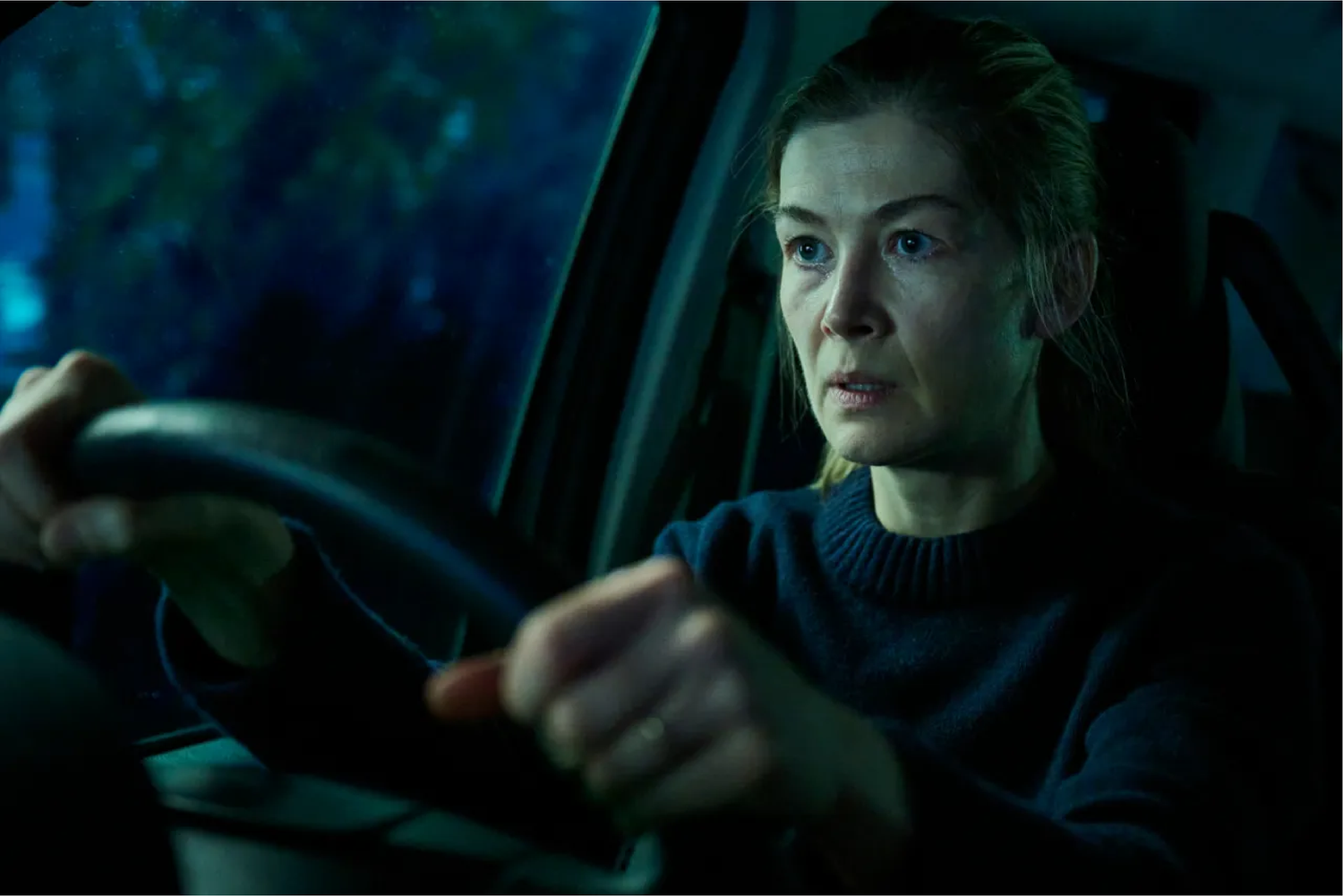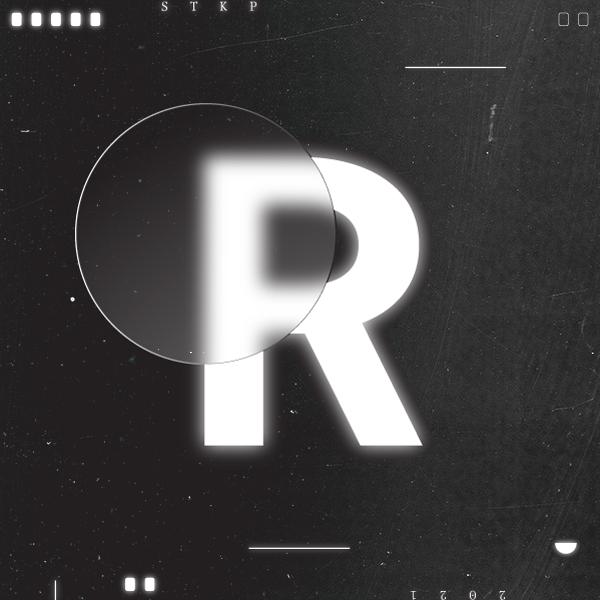Killer Clowns, Evil Spirits, and Eerie Text Messages: Scenes From the 2025 Overlook Film Festival
Every spring, New Orleans plays host to a spooky film festival that celebrates all things horror (and horror-ish). We, once again, paid it a visit.

If we take it as a given that horror usually ends up reflecting contemporary anxieties, then there’s no better place to get a sense of what’s worrying the world than a film festival dedicated to horror (and horror-adjacent) movies. After its inaugural year in 2017 at Oregon’s Timberline Lodge (which doubled as The Shining’s Overlook Hotel in that film’s establishing shots), the Overlook has been held in New Orleans since 2018 (apart from a Covid-19 interruption). I was lucky enough to get to attend the festival for the third time this year. There were (I’ve been told) parties and immersive activities, but I opted to stick with movies during my four days at the fest. That meant spending long sessions at Uptown’s venerable, beautiful Prytania Theatre and the Prytania’s satellite multiplex, located in what a friend has memorably dubbed “the horror mall” just outside the French Quarter. By the end, it felt like I’d taken a full bath in what’s worrying the world as the 21st century ends its first quarter.
From Japan came two visions of a world devouring itself from two directors at different phases in their career. Cloud, the latest from Kiyoshi Kurosawa (Cure, Pulse), takes place behind the scenes of some of the internet’s shadiest corners, where Ryosuke (Masaki Suda) makes a tidy profit reselling goods from video games to handbags to “therapy machines.” The items—or the pain sometimes involved in acquiring them—doesn’t matter, only the money. But, as Ryosuke discovers, there are consequences to his actions.
The Reveal is a reader-supported newsletter dedicated to bringing you great essays, reviews and conversation about movies. While both free and paid subscriptions are available, please consider a paid subscription to support our long-term sustainability.
Kurosawa is a veteran. Best Wishes to All director Yûta Shimotsu, by contrast, is getting started. But some of the same fears can be found in her feature debut, in which an idealistic, unnamed nursing student (Kotone Furukawa) visits her grandparents in the country where she discovers the horrible secret behind their apparent happiness. Stylistically the two have little in common. Kurosawa, as usual, pushes slow-building dread to the breaking point. Shimotsu traffics shocking, but darkly comic, images. Neither is entirely successful and both end up feeling a little too on-the-nose for their own good. But when they work, they feel like messages of dread from the collective id that we can only push its self-serving instincts so far before the pendulum swings back.

Other films found dread in the past’s hold on the present. Directed by Kevin and Matthew McManus, Redux Redux follows Irene (Michaela McManus), a hardened Sarah Connor type, as she traverses the multiverse. Unable to save her daughter from a serial killer, she’s opted instead to kill the murderer in one alternative universe after another. It’s an intriguing set-up but the film’s plot, maybe inevitably, ends up going in circles of its own. In Irish director Aislinn Clarke’s Fréwaka, by contrast, the past exerts only a dread, downward pull. Clare Monnelly stars as Shoo, a live-in nurse whose facility with speaking Irish lands her a tough assignment caring for the superstitious Peig (Bríd Ní Neachtain) as she recovers from a stroke in a remote countryside home. Once there, Shoo finds a community whose fear of the supernatural might not be mere superstition—and that she might have her own reasons to fear what she can’t see. An unnerving, emotionally intense bit of folk horror, the film builds to the most disturbing climax of any film I saw at the fest.
Old traditions and the haunted past took different forms in films that otherwise have nothing in common. In The Shrouds, the latest from David Cronenberg, Vincent Cassel plays an inventor whose attempts to grieve his late wife (Diane Kruger) via technology that allows him to view her decaying body opens a portal into an unseen world of conspiracy, corporate espionage, and personal betrayal. Maybe. (More on that film when it opens.) In Natasha Kermani’s Abraham’s Boys, an adaptation of a Joe Hill story, the sons of Dracula-slayer Abraham Van Helsing (Titus Welliver) attempt to start anew in rural California but find their father’s version of the past and why they lie the way they do may not square with reality. (It’s a strong idea for a movie that never really seems to know where to take it.) In the largely delightful Clown in a Cornfield, an adaptation of Adam Cesare’s YA slasher novel directed by Eli Craig (Tucker & Dale vs. Evil), Katie Douglas plays a new arrival in a small, Midwestern town beholden to the older generation’s stifling traditions. Could this have something to do with killer clowns in the surrounding cornfields? (Check the title again.)

Given how central they are to our lives, I should probably be surprised that cell phones were only central to two films I saw at the Overlook this year. In Christopher Landon’s Drop, Meghann Fahy plays a single mom on a date that takes a nightmarish turn when she starts receiving threatening messages on her phone. (More on Drop later this week. Quick take: it’s fun.) In Hallow Road, the latest from Babak Anvari, the British-Iranian director responsible for the terrific Under the Shadow, Matthew Rhys and Rosamund Pike play a married couple who spend much of the film talking to their daughter as they drive into the woods in the middle of the night to tend to her after a car accident. Set almost entirely within the couple’s car, the film never entirely comes together, but it’s compelling enough to be worth a look thanks to its novel framework, Rhys and Pike’s performances, and Anyari’s ability to keep viewers guessing about whether or not they’re even watching a horror film until the answer becomes all too clear. There’s a different sort of limited perspective to be found in Ben Leonberg’s Good Boy, too, a kind of anti-Cujo in which a sweet dog watches, and does his best to prevent his master from succumbing to some dark forces. The dog— played by Leonberg’s own pooch, Indy—is almost endearing enough to smooth over the murky storytelling.
Elsewhere, the Overlook branched out by including a selection of documentary films. I skipped The Zodiac Killer Project and Predators because I’d seen them at Sundance (both are excellent). But I showed up for Chain Reactions, the latest from Alexandre O. Philippe. Like Philippe’s Lynch/Oz, Chain Reactions is broken into chapters in which a string of interview subjects talk at length about the subject at hand, in this case Tobe Hooper’s The Texas Chain Saw Massacre. Accompanied by smartly edited clips, subjects like Patton Oswalt, Takashi Miike, critic Alexandra Heller-Nicholas, Karyn Kusama, and Stephen King share their insights on the watershed 1973 film. It’s a compelling document of how much can be said with the right horror movie at the right time. Evidence of the same could be seen all across the Overlook this year.




Discussion